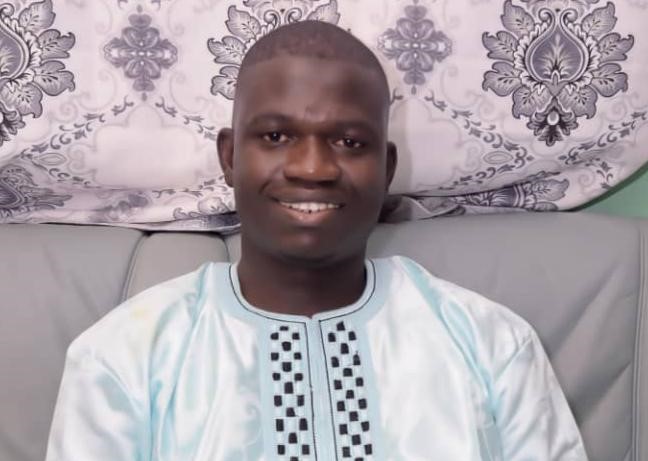By: Dawda Baldeh
The Administrative Secretary 1 of the opposition Gambia Democratic Congress (GDC), Ebrima Nyang, has urged his fellow opposition members to work on regaining trust if they want to defeat President Barrow in 2026.
Nyang cited a lack of trust within the opposition as a hindrance to the progress of any political coalition in the 2026 Presidential Election.
He added that this has been a perennial problem faced since the 2000s.
He told The Fatu Network that the 2016 coalition faced betrayal, which has led many opposition members to pursue their parties’ positions independently without forming a coalition.
“Parties now prefer to go it alone rather than join forces because the bitter truth is everyone is cautioned to unite and only ends up being used and then discarded.
“The problem of trust within us must be addressed first with honesty and a selfless attitude for a new attempt,” he said.
He questioned whether they (the opposition) should wait to come together until they are all pushed to the wall as in 2016.
“Now, we are faced with a very big challenge to defeat President Barrow single-handedly as we look ahead to the 2026 election,” he said.
Nyang added, “The trial in 2021 was a bitter lesson marked by disappointment. I hope and pray that it is a lesson learned, that it will be more guaranteed to collectively defeat him than confronting him individually.”
He reminded the opposition that the ruling party always favors division within the opposition, and to counter that, there must be a unified force that everyone must recognize to fully secure the support of undecided voters and those supporting the president.
“We need to be honest with each other if Gambians hope to see a formidable force to remove Barrow in 2026,” he claimed.
For him, party leaders must set aside their differences and form a strong force to defeat Barrow in the next election.
“Almost all opposition parties, including movements, are critical of Barrow’s government, but the alternative is us, and hopefully, we will set aside our party interests and do what is necessary,” he explained.
Despite this, the 2016 Coalition was marked by betrayal, with parties competing against each other, leading to a sorrowful outcome.
He cited alleged corruption, youth unemployment, a weak economy, high crime rates, a struggling healthcare system, poor education, and agricultural challenges among others as indicators that the current government is not up to the challenge.
“All these issues we criticize, we have the opportunity to rectify in 2026 if only we genuinely empathize with our struggling women and youth and rescue this country from the clutches of these people,” he concluded.




